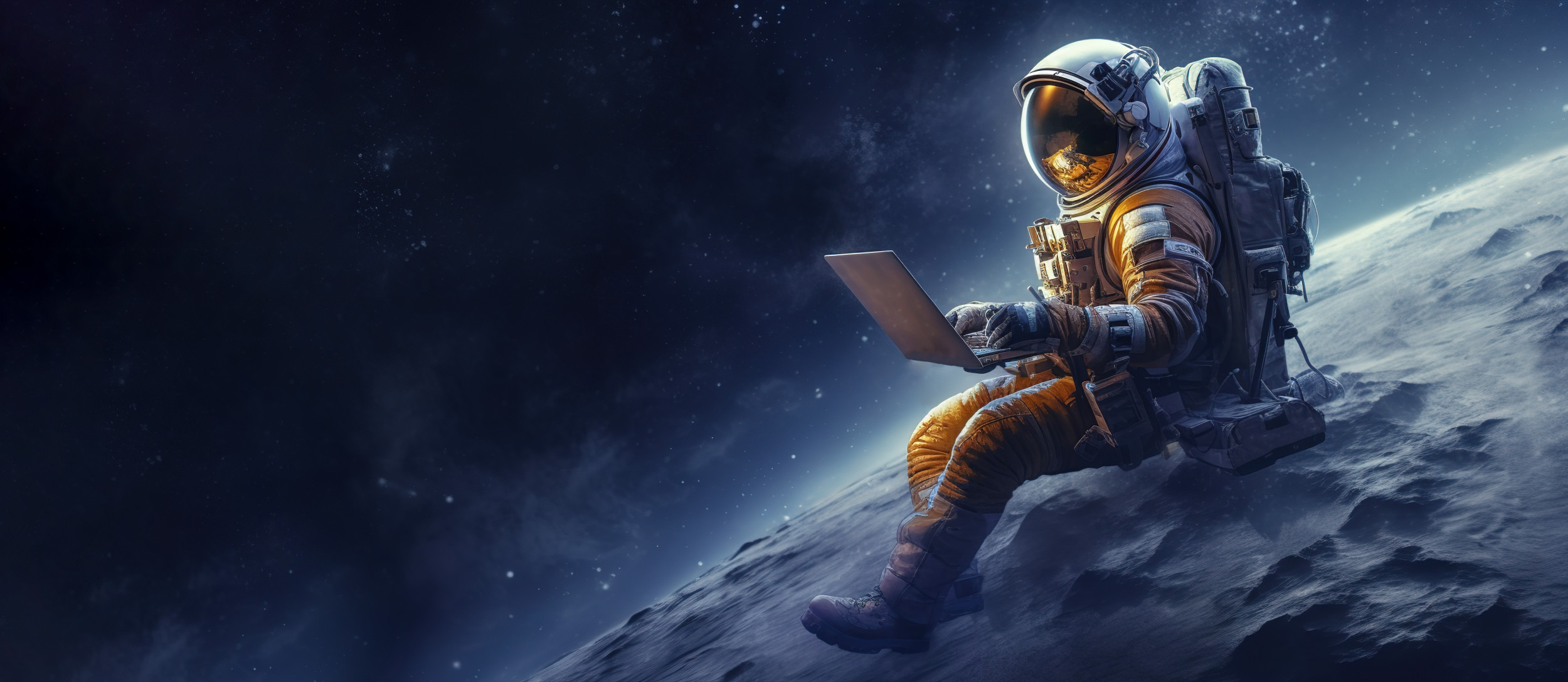
AI Unleashes New Horizons in Space ExplorationAI Unleashes New Horizons in Space Exploration Artificial intelligence (AI) is revolutionizing space exploration, enabling unprecedented advancements and discoveries. 1. Enhanced Data Analysis: AI algorithms can analyze vast amounts of data from satellite images, telescope observations, and other sources. They identify patterns, anomalies, and hidden insights that human researchers may miss. This allows scientists to make more informed decisions and optimize mission planning. 2. Autonomous Navigation: AI-powered systems can autonomously navigate spacecraft, reducing the need for manual control and freeing up human resources for more complex tasks. This enables extended and precise exploration of remote regions, such as Martian canyons or lunar craters. 3. Planetary Geophysics: AI techniques can interpret geological data from planetary probes, helping scientists understand the structure, composition, and evolution of different celestial bodies. This enhances our knowledge of planetary formation, resource distribution, and potential for habitability. 4. Astrobiology: AI algorithms can process spectral and chemical data to identify potential biosignatures on distant planets or moons. They can also analyze data from exoplanet atmospheres, searching for indicators of life. This accelerates the search for extraterrestrial life. 5. Space Object Detection: AI algorithms can detect and track asteroids, comets, and other space objects that pose a threat to Earth. This allows astronomers to predict collision risks and develop mitigation strategies, ensuring the safety of our planet. 6. Mission Planning Optimization: AI optimizes mission planning by simulating different scenarios and identifying the most efficient and effective paths. This reduces mission time, energy consumption, and resources required, maximizing scientific return. 7. Predictive Maintenance: AI can monitor spacecraft systems and predict potential failures. This enables early intervention and maintenance, preventing costly repairs or catastrophic events. It enhances spacecraft reliability and extends mission lifetimes. Conclusion: AI is unleashing new horizons in space exploration by transforming data analysis, enhancing autonomous navigation, advancing planetary research, accelerating astrobiology, detecting space objects, optimizing mission planning, and ensuring spacecraft reliability. As AI continues to evolve, we can expect even greater breakthroughs and discoveries, expanding our understanding of the cosmos and our place in it.
Posted inNews